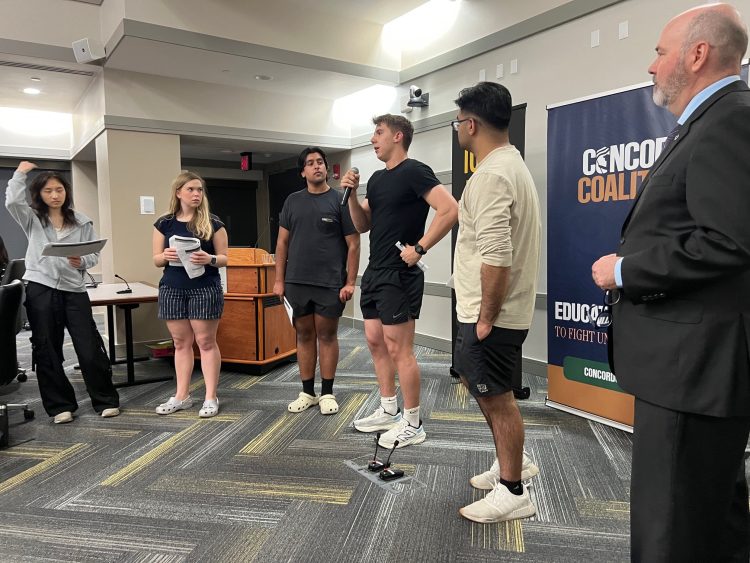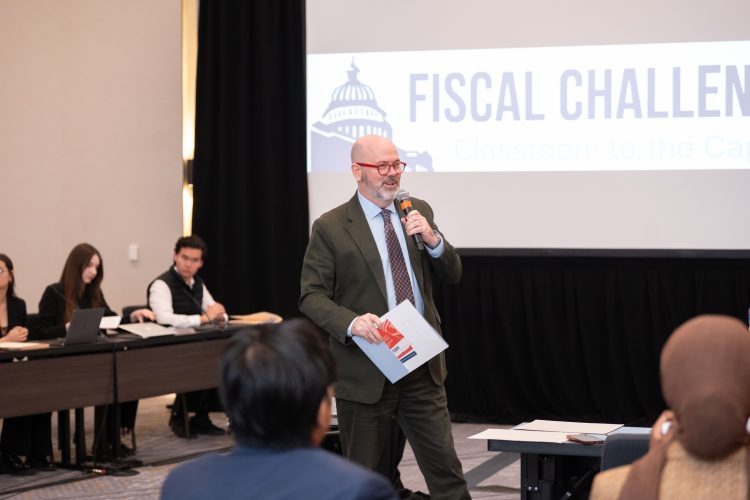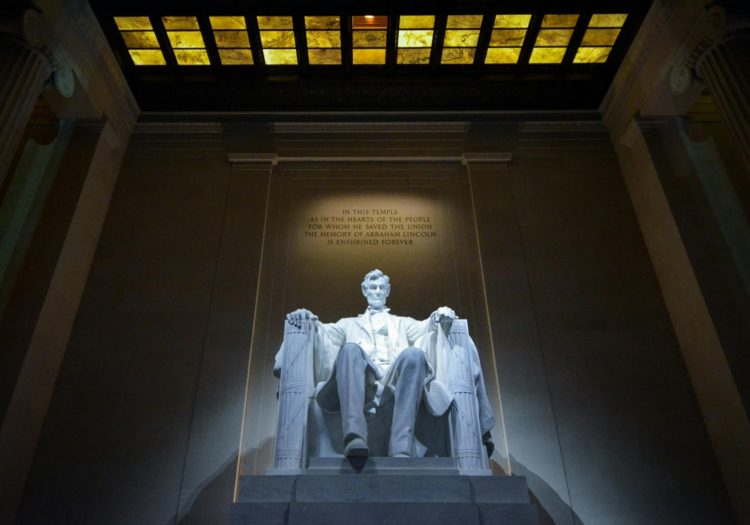Over the past several weeks, there has been a flurry of activity on Capitol Hill as Congress considers legislation to reauthorize federal surface transportation programs. The previous authorization bill was enacted in 2005 and expired in 2009. Since then, Congress has approved several extensions, and the most recent one is scheduled to expire at the end of this month.
Over the past several weeks, there has been a flurry of activity on Capitol Hill as Congress considers legislation to reauthorize federal surface transportation programs. The previous authorization bill was enacted in 2005 and expired in 2009. Since then, Congress has approved several extensions, and the most recent one is scheduled to expire at the end of this month. Extensions have been required since 2009 because a gap between spending needs and revenues flowing into the Highway Trust Fund has made agreement on a new bill increasingly difficult.
An honest discussion of the trade-offs needed to fund transportation priorities is long overdue and should be on the agenda when a final bill is negotiated. Spending from the trust fund should be limited to the revenues collected, and policymakers should end the practice of funding new spending with deficit-financed transfers from the general fund of the Treasury. Policymakers should agree on realistic spending levels that reflect a bipartisan consensus of actual needs. When revenues in the trust fund fall short of these levels, any additional spending should be paid for with credible offsets that are sustainable over the long term.
The Congressional Budget Office (CBO) estimated last year that the United States spends about $160 billion annually on highways, including about $40 billion from the federal government. Federal spending is funded primarily through fuel taxes that are deposited into the Highway Trust Fund.
Relying on fuel taxes to fund highway spending has become challenging over the last decade. As public concern over rising gas prices has become a perennial campaign issue, most policymakers have opposed increasing the tax, and the last increase was in 1993. At the same time, as CBO and others have noted, revenue per mile of travel has decreased as average fuel efficiency has increased.
Unfortunately, Congress has not allowed the declining balance in the trust fund to stand in the way of increases in transportation spending. In the 1990s, Congress agreed to spend down a balance in the trust fund. Since 2001, according to CBO, outlays have “generally exceeded revenues” in the trust fund and Congress has chosen to supplement it with deficit-financed contributions from the general fund of the Treasury. From 2008 to 2010, contributions from the Treasury totaled about $35 billion.
In January, CBO estimated that the two accounts that fund the highway trust fund — the highway account (which funds construction of highways and highway safety) and the transit account (which funds mass transit) — would both be depleted within two years. The highway account will be unable to meet obligations in 2013 and the transit account will run short of funding in 2014.
At the same time, many experts have documented the billions of dollars of infrastructure investments that will be needed over the next several years. A 2011 report by Smart Growth America and Taxpayers for Common Sense used Federal Highway Administration data to conclude that “half of all major state roads were in ‘fair’ or ‘poor’ condition in 2008” and found that states would need to spend $43 billion per year for 20 years to bring roads currently in poor condition up to good condition and maintain them.
In its “2009 Report Card for America’s Infrastructure” the American Society of Civil Engineers gave roads a grade of “D-” and bridges a grade of “C.” The organization estimated that $186 billion would be needed annually for roads and $17 billion would be needed to improve bridges.
To respond to the challenge of declining revenues and a need for additional infrastructure investment, many experts and commissions have recommended increasing the 18.4-cent-per-gallon federal gas tax or adopting a new source of revenue. In 2009, the National Surface Transportation Infrastructure Financing Commission, a bipartisan commission created by Congress in the last highway bill, recommended a 10-cent increase in the federal gasoline tax and 15-cent increase in the diesel tax. In 2010, the co-chairs of President’s bipartisan fiscal commission released a report recommending a 15-cent increase in the gasoline tax. The Concord Coalition has supported an increase in the gasoline tax, and continues to support one that is gradually implemented in a manner that does not harm the economic recovery. CBO staff and other experts have also begun exploring alternatives for funding highways such as taxes on vehicle miles traveled.
Complicating matters is the fact that the budget scoring of highway spending is extremely complex and susceptible to budget gimmicks. Currently, highway trust fund spending is classified as a mix of discretionary and mandatory spending. Contract authority is mandatory spending while the actual outlays are classified as discretionary spending.
This hybrid classification can be confusing and creates opportunities for gimmicks, since mandatory and discretionary spending are scored differently and are governed using different budget enforcement mechanisms. The President’s fiscal commission said this approach “results in less accountability and discipline for transportation spending and allows for budget gimmicks to circumvent budget limits to increase spending.” The President’s Fiscal Year 2013 budget responded to this criticism by including a proposal that could make highway spending more transparent. This would be done by classifying all transportation spending as mandatory spending and subjecting it to a consistent budget enforcement mechanism: PAYGO.
To reauthorize the highway bill, several legislative proposals have been introduced over the last few months. President Obama’s 2013 budget proposed a six-year $476 billion surface transportation re-authorization bill to “modernize the country’s transportation infrastructure, and pave the way for long-term economic growth.” House Republicans have proposed a five-year $260 billion proposal and last week the Senate passed a two-year proposal authorizing a total of $109 billion. The proposals rely on existing gas tax revenues and several new offsets that have been debated in recent weeks. The new offsets range from oil drilling receipts in the House Republican bill, to war savings in the President’s budget proposal, to several revenue provisions that would fund a portion of the cost of the Senate bill.
As Congress considers a final agreement on a highway bill in the days ahead, The Concord Coalition urges policymakers to remember that the annual deficit is running over $1 trillion and the national debt now exceeds $15.5 trillion.
Policymakers should not use the highway bill as yet another excuse to increase deficit spending that is already unsustainable. Instead, they should make the difficult choices and consider the following principles:
- Spending from the trust fund should be limited to the revenues collected. Extensions should no longer be funded using deficit-financed transfers from the general fund.
- Spending levels authorized in a new bill should be realistic and credible. They should reflect a bipartisan consensus of actual needs.
- Whenever spending exceeds revenues in the trust fund, the additional spending should come with offsets that are sustainable over the long term. Policymakers should avoid relying on offsets that produce one-time savings and will not provide a continued source of revenue over the long term.
- Policymakers should avoid relying on gimmicks such as savings from war spending or timing shifts. Funding new highway spending with “savings” from winding down military operations in Afghanistan and Iraq is a fiscally irresponsible gimmick because the military policy decisions have already been made and the funds were never going to be spent on those operations anyway.
- Policymakers should make highway spending more transparent and less susceptible to budget gimmicks. Proposals to simplify the scoring of highway spending should be seriously considered.
Resources for Additional Information:
Department of Transportation
Federal Highway Administration
House Committee on Transportation and Infrastructure
Senate Committee on Environment and Public Works
CBO Testimony: The Highway Trust Fund and Paying for Highways
CBO Economic and Budget Issue Brief: Spending and Funding for Highways
CBO: Alternative Approaches to Funding Highways
Smart Growth America/ Taxpayers for Common Sense: Repair Priorities
American Society of Civil Engineers: Report Card for America’s Infrastructure
National Surface Transportation Infrastructure Financing Commission
Continue Reading











